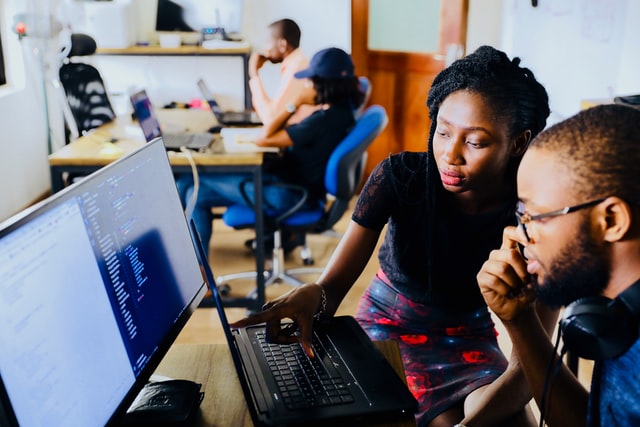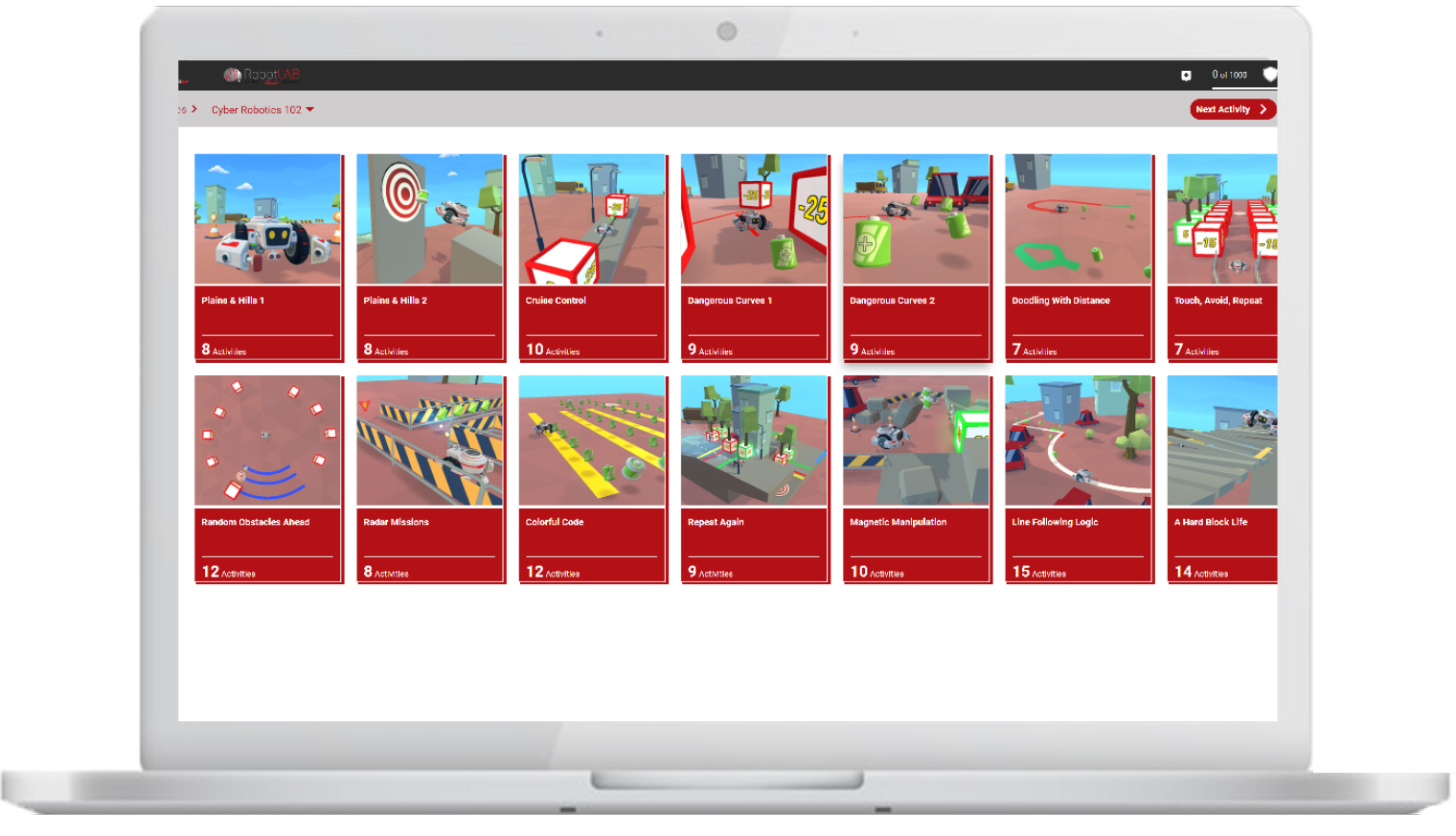With nearly 100% of education over the past months taking place online amid the coronavirus pandemic, plus what parents were doing to homeschool their kids, we all have been struggling, particularly those in low-income communities. Now is not the time to despair, however.
The disruption created by this pandemic presents an opportunity to imagine a different future for our kids, their families and their communities.
 Photo by NESA by Makers on Unsplash
Photo by NESA by Makers on Unsplash
In California, we can create a future where we give every student a fair chance to succeed in life, with equal participation in the school system and access to resources.
How? Redesign the school curriculum. We must ask school districts to support teachers by giving them more time to develop new lessons, and district administrators must ask state legislators to increase school district budgets, not cut them.
What if we teach students in a way that engages them with content that is useful?
Teachers could help their students frame a problem they and their communities are facing and have them propose a solution. Students could work in small cohorts to hold each other accountable, to foment creativity and maintain the social connections they need for their emotional health. For example, students need life skills — how to manage their time, cope with stress, build resilience and learn to communicate and solve problems.
Our team designed video content to solve an immediate problem — keeping kindergartners, and first- and second-graders engaged in learning while sheltering in place. The team has produced video storytime, arts and crafts lessons and at-home science experiments.
In another instance, a psychologist father created a study with the help of his seven-year-old triplets about what Covid-19 preventive messages they trust most. Gina helped with the computer. Alex helped prepare the numbers. Daniella helped make the charts. (The study revealed a lot of trust in physicians but not so much in politicians.)
I run DigitalNEST, an organization in Watsonville (Santa Cruz County) and Salinas (Monterey County) that has connected more than 2,500 vulnerable youth — mostly Latino youth living in rural communities — to skill-based training programs focused on STEM (science, technology, engineering and mathematics) and to a community of mentors and advocates.
We equip young people, from age 14 to 24, with high-demand workforce skills such as video production, web design and marketing program development.
I’ve learned a lot about how school is and is not working to help these kids reach their career goals, particularly amid the pandemic. Teachers report that their students complain they are doing busy work. Why work on a hard math problem when a quick Google search can find an answer?
The youth we support live in households led mostly by low-wage workers employed in farming, landscaping, retail and construction, for whom English is a second language. Most cannot afford to take time off to homeschool their kids. These parents typically are juggling several jobs outside the home. What would it take to revamp the curriculum in a way that equally supports low-income families who do not have the same resources — such as the ability to work from home — as higher-income families?
The ongoing challenge will be giving the teachers the space and support they need to create lessons while ensuring families get the assistance they need for their kids to continue learning. This is an opportunity for teachers to develop curriculum that gets students to think critically about what is going on around them. Here are a few ideas:
-
Let’s get students to go for a walk with their families to explore concepts in the sciences.
-
Students can view documentaries about social justice movements or historical figures and write about what they learned for English and history classes.
-
Let’s have a parent ask a child to help make dessert and teach them how to double a recipe to learn about measurements, fractions and percentages.
We cannot predict the future amid this pandemic. The only certainty is uncertainty. In light of that, how do we create an educational system that is fair and equitable for everyone?
We must think differently about education because the status quo isn’t working. I trust we can do it — we owe it to the kids, ourselves and society as a whole. Will you join me?
Let's improve education during this pandemic with RobotLAB!

CoderZ is an online educational environment that improves students 21st century skills, while they are having fun programming their own virtual cyber robot. CoderZ and RobotLAB has different lessons to do at home! Check them out Here
